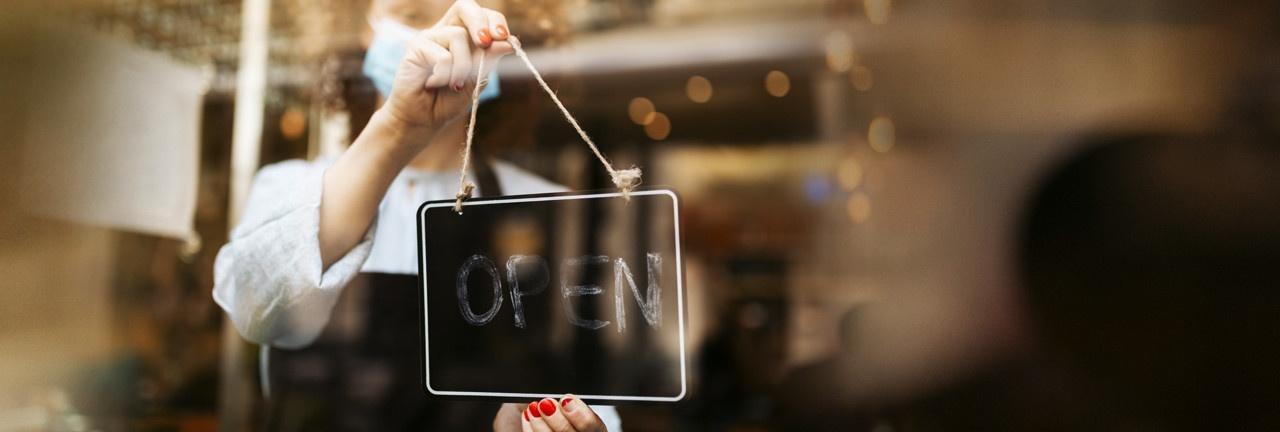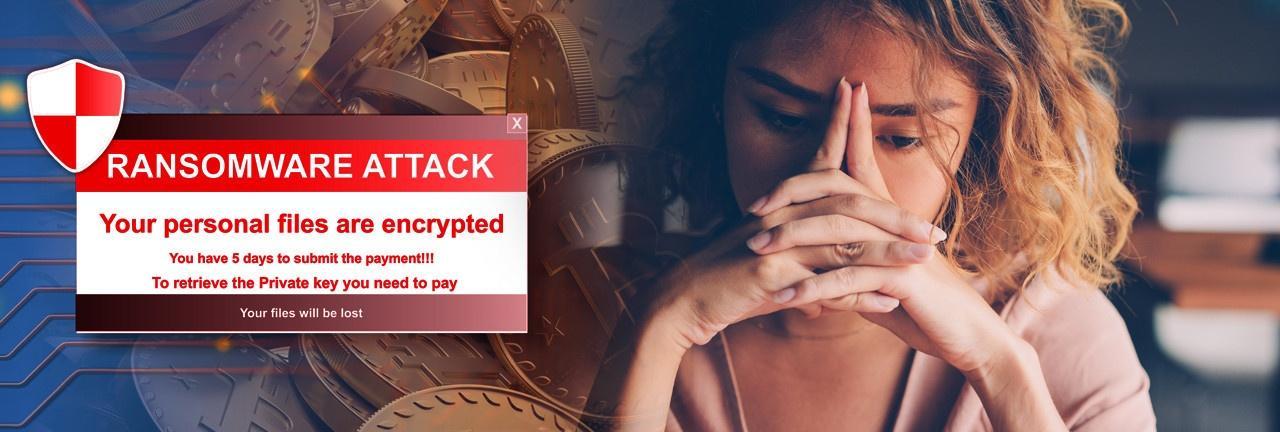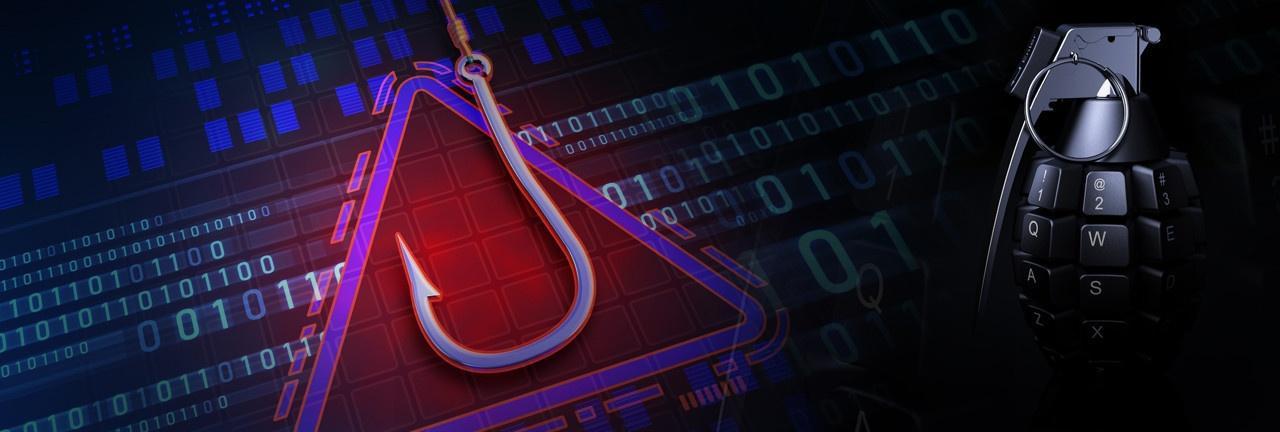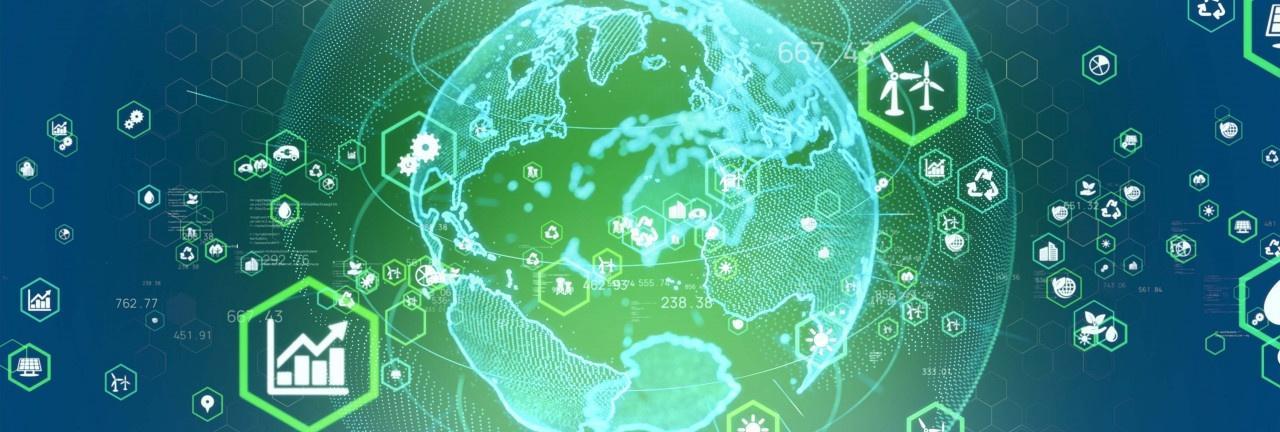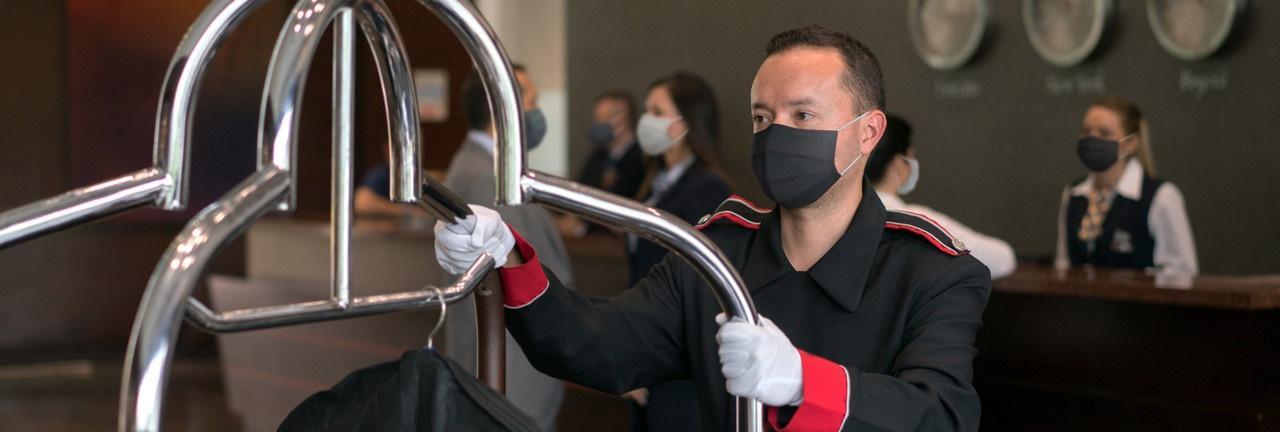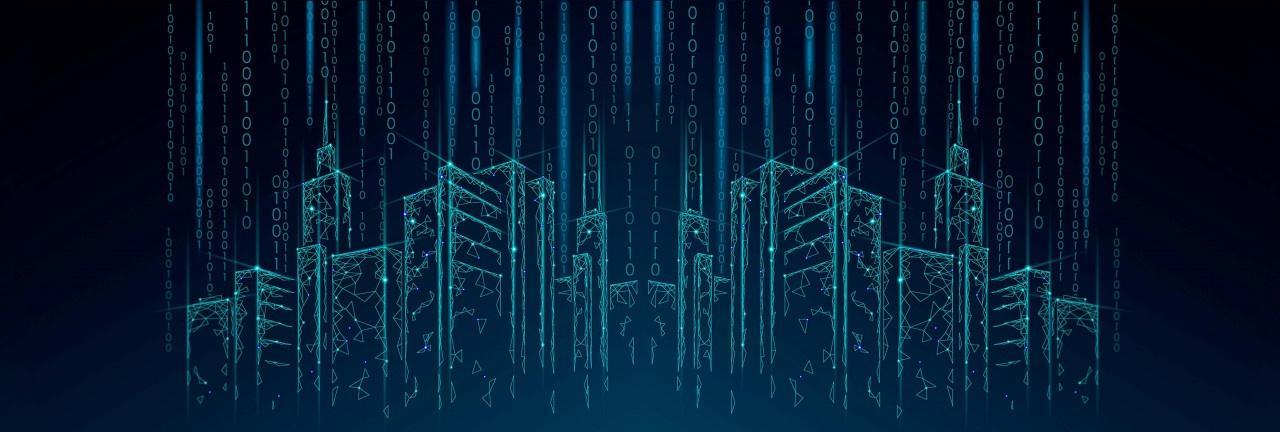The UK's Legal sector must contend with some of the most stringent compliance and data protection obligations in the current digital landscape. For many years, this has hindered the progress of digital transformation initiatives within firms, but in recent years, in order to meet the challenges of COVID-19, many firms have seized the opportunity to modernise cumbersome legacy systems and develop cutting-edge IT infrastructure that enables their staff to work more flexibly.
With lockdown restrictions finally easing, and the public looking forward to enjoying the different activities they have been deprived of for the past two years, it's certainly an exciting time for the UK's Hospitality & Leisure sector. But as hotels get ready to open their doors again, it is essential that hospitality professionals do not lose sight of the challenges that will be involved.
In spite of the ongoing evolution of cyber security processes and technology, human error is still responsible for 95% of data breaches1. Phishing attacks alone represent a particularly insidious risk, with 91% of organisations experiencing a successful attack in 2021 alone2.
In light of recent geopolitical events, and the increased threat to corporate infrastructure, organisations across the UK must assume that they will be forced to contend with a cyber-attack in the near future and prepare accordingly. Indeed, the NCSC has already set out its own guidance to help organisations bolster their defences, which we strongly advise you to read and implement.
The healthcare sector generates higher volumes of patient data on a daily basis than ever before - all of which conceals a rich vein of opportunities to optimise efficiency and enhance patient care. The demand for more efficient diagnosis and more effective management of data has naturally led to the rise of digital pathology and - in turn - the Picture Archiving and Communication Systems (PACS) that underpin these initiatives.
Ever since the Cloud as a concept entered the public consciousness, concerns about its perceived cyber security weaknesses have been a major obstacle to organisations - and, indeed, entire sectors - embracing digital transformation. The AEC sector, in particular, has traditionally been slow to begin the process of Cloud transformation, although the number of future-minded firms phasing out their legacy systems and embracing the scalability, agility, and operational resilience the Cloud has to offer in recent years indicates that we are seeing a shift in this regard.
There's no doubt that the past two years have challenged the Hospitality & Leisure sectors in ways that would previously have been unimaginable, with social distancing requirements limiting the number of guests who can be hosted and making familiar processes like checking in and out significantly more complex. But, like every sector impacted by the pandemic, these challenges have inspired a new wave on innovation, as IT infrastructure has evolved to support staff and guests alike, ensuring safety does not have to come at the expense of an enjoyable stay.
Let's consider some of the ways the challenges of COVID-19 have impacted the Hospitality & Leisure sector, and how the lessons learned can - in the long term - open up new opportunities to deliver truly unforgettable experiences for every guest…
As students finally make their long-awaited return to the classroom, it is important that schools, colleges, and other institutes of education do not lose sight of the increasingly complex cyber security landscape they must navigate, and ensure the lessons learned throughout lockdown continue to be acted upon.
The past year of upheaval in the digital landscape has created a number of singular challenges for the Legal sector, in addition to firms' longstanding obligations around security and data governance.
Here's why that's a good thing…
"In the new contact centre, we're no longer reliant on hunt groups, and can onboard new services and new desks very easily, which has allowed for a much higher level of agility in terms of how we connect and collaborate with our colleagues and partners. We've also got a much higher level of control, so we don't need to go through our IT teams to make changes or updates when we need to, and can constantly refine our call flows."
Stacey Whyte, NHS Digital
"Not-for-profit organisations have provided a trusted and valued source of independent advice for people throughout England for many years. They are a vital part of our national support infrastructure and somewhere to turn to in times of crisis."
Nick Hurd, MP
Attracting top talent is just part of the picture when it comes to building a thriving, successful organisation. If employees are to achieve their full potential in both their professional and personal lives, it is essential to nurture their talents and cultivate the skills that will help them progress along their chosen career paths.
In July of 2019, Exponential-e hosted a roundtable at The Ritz London, bringing together 18 top UK architects to discuss topical issues across the sector and sharing views on the matters at hand. One of the topics raised was the newly launched Architects Declare manifesto and its 11-point plan for tackling climate change and biodiversity loss. From 16 founding signatories, word spread like wildfie and within weeks, hundreds of practices - large and small - signed up, signalling that our architects were ready commit to operating in a greener, more sustainable manner.
Failure Demand: "Demand caused by failure to do something or do something right for the customer"
Seddon, 2003
Even as the end of lockdown approaches, it is clear that hybrid working is here to stay, with organisations utilising remote and office-based working on a flexible basis, in order to combine the advantages of both.
Selecting the right storage architecture is essential for organisations that are leveraging Artificial Intelligence (AI), Machine Learning (ML), Big Data and IoT analytics. For example, AI applications that involve scientific and medical research create and interact with numerous large files, and therefore need a storage system that can scale to a petabyte level, with zero restrictions. Similarly, ML applications and Big Data projects require a scalable, cost-effective storage solution to accommodate the high volumes of data that will be produced. This raises the question of which storage solution enterprises should use to underpin their overall analytics strategies.
To say the past year has been challenging would be an understatement. But as we look back on the challenges our organisations have overcome - and the ones we expect to face going forward - it's important to not lose sight of the fact that people are the lifeblood of any company.
Throughout these unprecedented times, many Resellers and Systems Integrators have been forced to furlough team members or reduce headcount, creating leaner operations in order to weather the economic downturn. But as we now approach an economic return and ramp up our trading levels, these resourcing gaps can limit the services that resellers can take to market.


